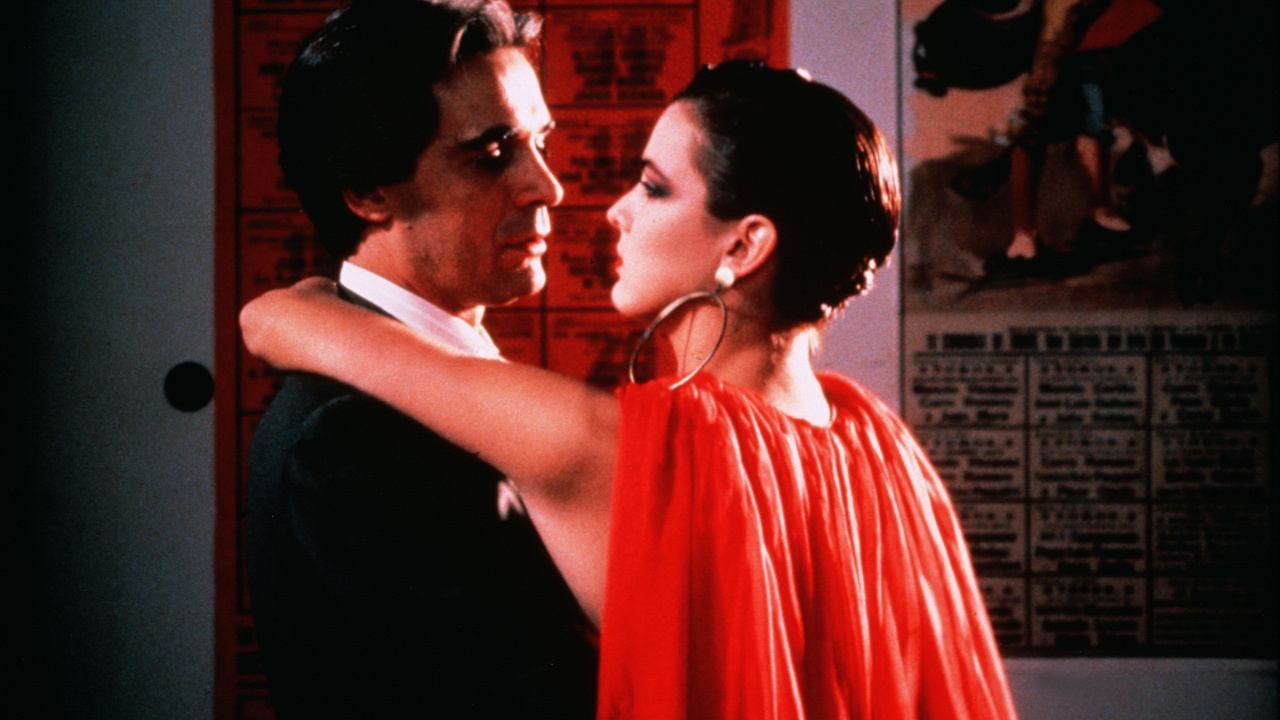WORLD WAR II MOVIE SET IN 1991
The Gulf War, aka The Desert Storm, was one of the last high points of the collective Western World. In 1990, all of the major Western powers formed a coalition, joined by certain Arab states, and drove Saddam Hussein back from Kuwait.
«Bravo Two Zero» deals with one of the episodes of this war – an eight-member SAS team was dropped into Iraqi territory to track Scud missile sites, so that Iraqis will not be able to attack Israel. They are elite soldiers, but the trouble soon starts kicking in – the radio is not working, the ammo is not unlimited and, the most important of all, the desert hides a lot of painful surprises for them.
During the beginning of the Gulf War, US President George H. W. Bush emphasized that this would not become another open-ended Vietnam-style war, and that troops would return home once the mission — liberating Kuwait — was completed. Additionally, the military were able to control the flow of information to the journalists, so the viewers were presented, mostly, with the state-approved positive images.
This gave the Gulf War the feel of a moral and justified war. That is why «Bravo Two Zero» has a clear World War II cinema spirit - the good guys are fighting in a just and moral war and they are seen as heroes by the general public. It is not like the Vietnam War film (i.e. «Platoon») where you feel the immorality or, at least, questionability of soldier’s actions.
Additionally, the film is not a high-budget American blockbuster, but it gives it the feel of authenticity. The soldiers are regular British blokes with funny accents; they cannot fire 200 rounds without reloading and, despite their superior training, they cannot hold off forever against Iraqi armor. Will they make it? Watch – and find out.
The film also captures the spirit of Special Operation Forces. Those guys are dropped deep behind enemy lines and from that minute they are basically fighting by themselves. Danger surrounds them everywhere and even if they are able to call in support, it will arrive not so fast and every extra minute takes away their chances of surviving this day.
So, in conclusion, let me say that given the current sorry state of the Western World, «Bravo Two Zero» is a refreshing look at the strong and resilient West of the past. Watch it – you will not be disappointed, of course, if you are not loony left!

















.jpg)
